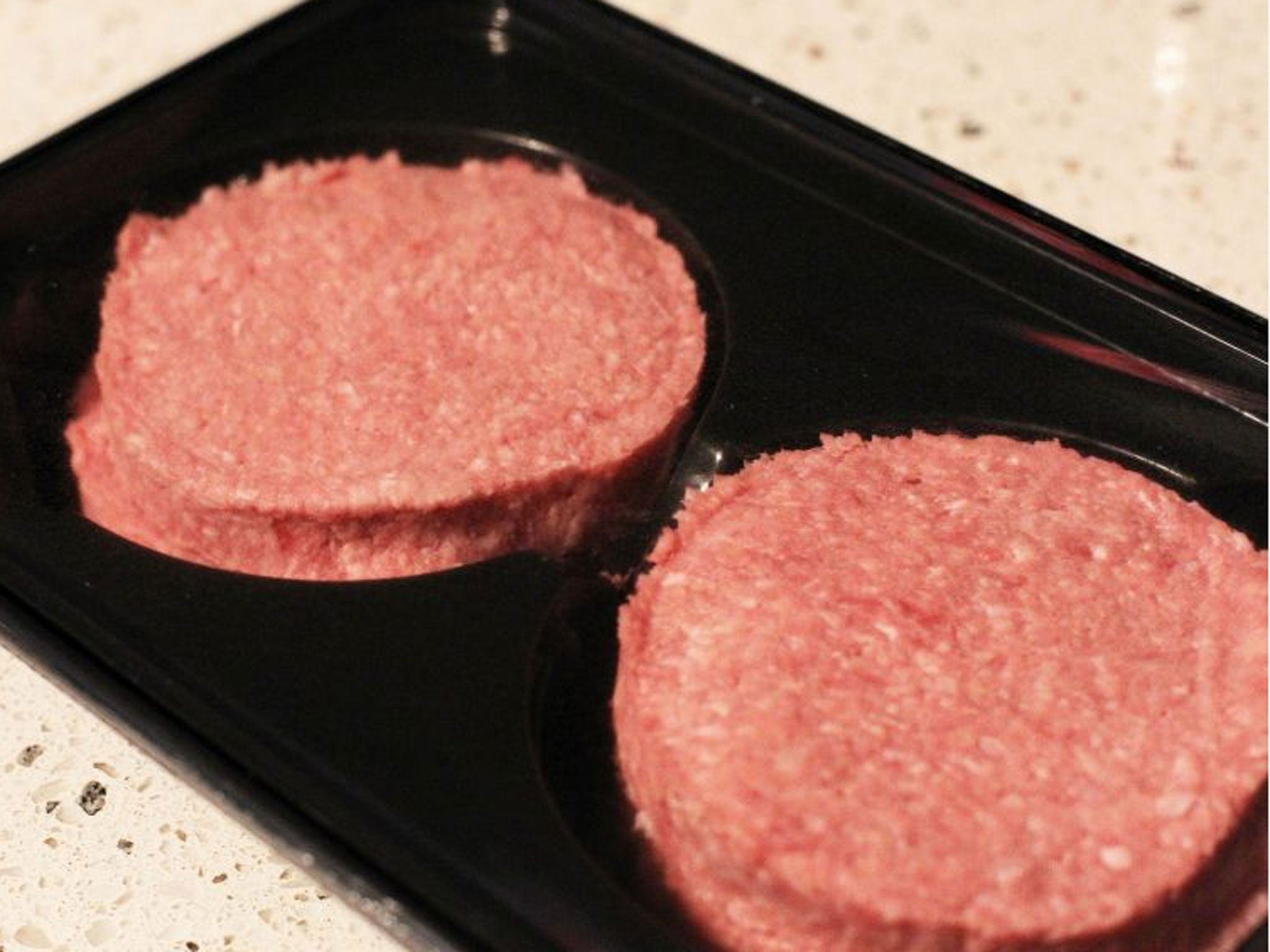Polish company blamed for supplying horse meat which caused burger scandal

A Polish company was to blame for supplying horse meat which caused the burger scandal across the British Isles, according to an investigation by the Irish government.
Ten million beefburgers were removed from sale in the UK and Ireland earlier this month after the Food Safety Authority of Ireland (FSAI) discovered horse and pig DNA.
One Tesco burger contained 29 per cent horse, relative to the labelled beef content. Two companies in Ireland, Silvercrest and Liffey Meats, and Dalepak Hambleton in North Yorkshire were making the burgers.
Initially the FSAI said that equine DNA had been found in raw ingredients from Spain and the Netherlands and Ireland’s Agriculture and Food Minister, Simon Coveney, said the horse “seems to have” originated from imports from those countries.
However on Saturday night, the Irish Government instead pointed the finger of blame at Poland. Mr Coveney confirmed that horse DNA had been detected in meat imported by Silvercrest from “another [EU] member state”.
Ireland’s Department of Agriculture, Food and the Marine described the substance in which the horse meat had been found as “raw material”.
In a statement, it said: “While earlier results had shown trace levels of equine DNA in imported raw materials, the latest results showed significant levels of equine DNA (4.1 per cent) in raw material which was used in the manufacture of burgers which the department found today to contain significant amounts of equine DNA.
“The investigation has therefore established a direct correlation between burgers in which a high level of equine DNA was detected and this raw material product.” The department later referred explicitly to the substance as “the Polish ingredient.”
Since the scare, 140 samples of products and ingredients had been tested for horse DNA, the department said. It had been found in three burgers “and one imported ingredient.”
Ireland expressed relief that its food and farming sector was not to blame. The Department of Agriculture, Food and the Marine praised the co-operation it had received from Silvercrest, owned by ABP Foods, one of Europe’s biggest meat processors.
The department added: “The findings of the official investigation do not show any evidence that the company deliberately used horsemeat.”
The department said Mr Coveney had made plain that “the intensive investigation is now winding down.” The discovery of the horse meat has raised questioned about the controls on the traceability of meat introduced after the BSE crisis in the 1990s.
In the UK last week, the Food Standards Agency admitted that a banned veterinary drug, phenylbutazone, or “bute”, had been discovered in meat from horses slaughtered in the UK. None of the meat had gone on sale in the UK but some had been exported to France – where horse meat is commonly eaten – before the authorities were alerted.
Subscribe to Independent Premium to bookmark this article
Want to bookmark your favourite articles and stories to read or reference later? Start your Independent Premium subscription today.

Join our commenting forum
Join thought-provoking conversations, follow other Independent readers and see their replies